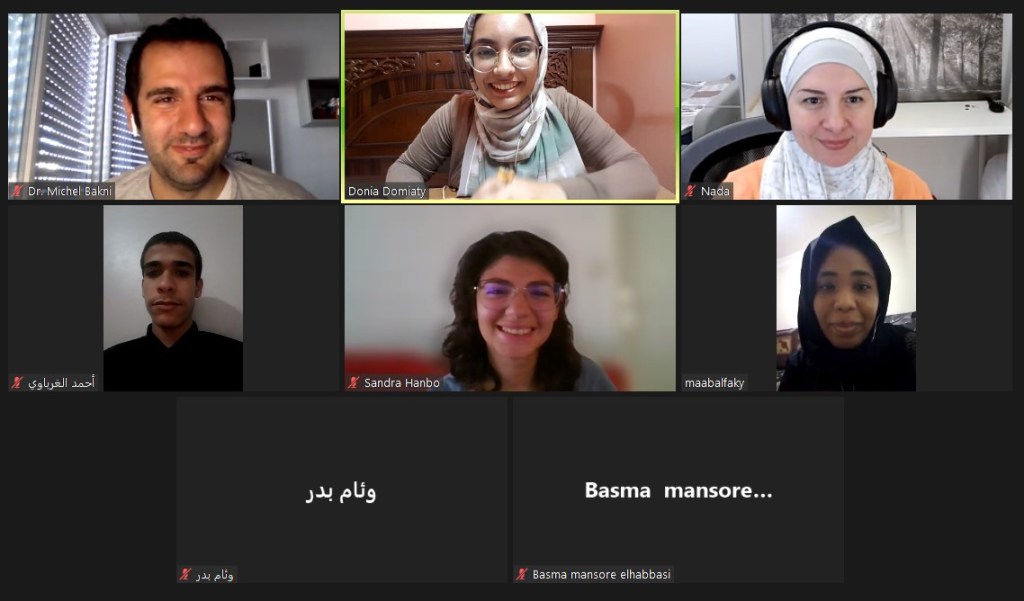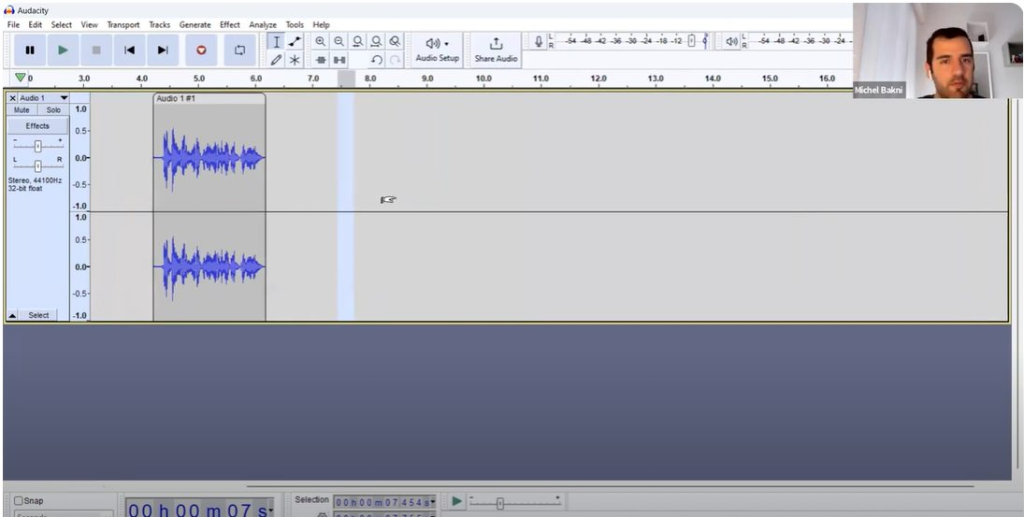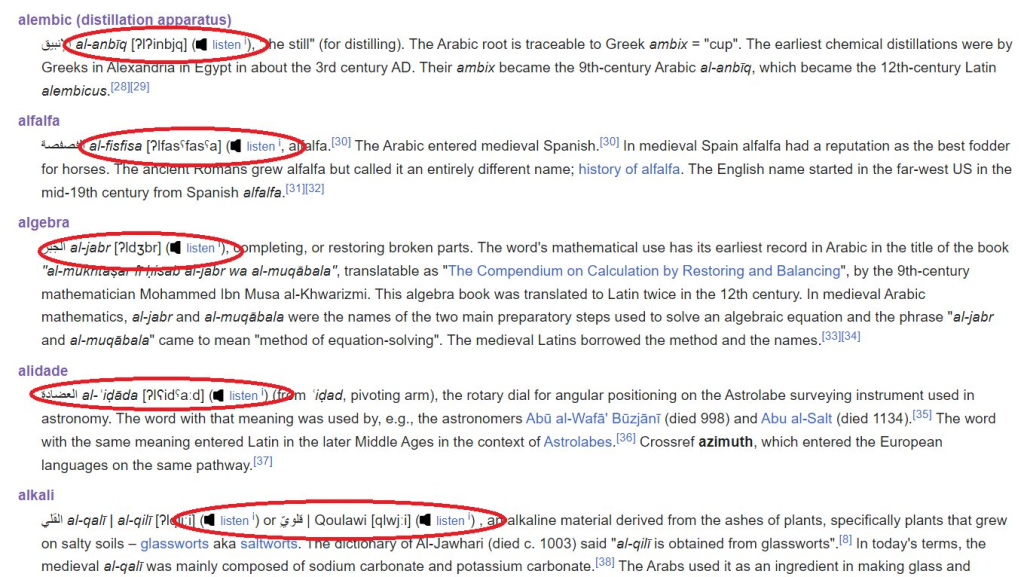
Have you ever seen a word written in Arabic in Wikipedia articles? Have you ever wondered how it is pronounced? It is hard to read Arabic! But we have a great idea for this!
Arabic is one of the most spoken languages worldwide. It has been in use for centuries. Historically, during the Islamic golden age, Arabic was the Lingua franca in the entire old world. Thus, no wonder it has a huge influence on other languages. Without a doubt, you have used words like algebra or alcohol in high school, these can show how much Arabic has influenced other living languages we use today.
Arabic is a Semitic language, unlike English, it is written from left to right. It has 28 letters that change their forms depending on their position in the word: beginning, middle, or end. This creates a total of 100 symbols to remember, making learning Arabic pronunciation a tough challenge for non-Arabic speakers.
To address this challenge, both the Wikipedian editor project and the acoustics workshop in Arabic Wikipedia were working together this summer. We planned to record the vocal pronunciations of 400 words found in the List of English words of Arabic origin and Arabic language influence on the Spanish language.
Additionally, we planned to train Wikipedia editors on how to record sounds using a free open-source tool. The trainees will also learn how to upload the recordings to Commons and use the files in both English Wikipedia and Wikidata. In the end, all added information needs to be reviewed to ensure the quality of the contributions. Figure 2, shows the 4 phases of the projects.
The goal was to organize a workshop with a manageable size: 10-15 participants in a virtual channel via Zoom, record the sessions, and upload them to Commons, so they become available to everyone in the community. By the end of July, Phase I was successfully finished: We had the workshop page created in Arabic Wikipedia, and the participants subscribed and ready to go!
Phase II started on the 9th of August, Session 1 was oriented to explain the nature of the workshop, to introduce the projects we will work on, and to show how to use Audacity to record voice. The 2nd session focused on Commons, how to upload files to it, and how to use these files in Wikipedia projects. Then came Session 3, which introduced Wikidata and explained how to add the records to Wikidata. Finally, the 4th session was set on the 28th of August to present the lexemes’ of Wikidata, as several records had no Q-items to be attached to, and they needed to be treated as lexicographical data.
With all educational materials uploaded to Commons, Phase II ended and Phase III started! We provided the participants with a list of 400 words to be recorded! This was the chance for participants to practice the theoretical concepts! In no time, the 400 words were recorded, uploaded to Commons, and used in Wikipedia and Wikidata. We used {{IPA}} and {{Pronunciation}} templates to add the pronunciation of the words in vocal and written forms using the International Phonetic Alphabet, Figure 3 shows how the templates appear in the articles when probably configured.
This was the time to start Phase IV: quality assurance, where all contributions were carefully revised to correct any errors.
This is the second year in a row of the collaboration between the Wikipedian editor project and the acoustics workshop in Arabic Wikipedia. Although the focus is on the Arabic content, the influence is language-free! This year, Our contribution is universal! The recordings can be used in any Wikimedia project and are not limited to Arabic Wikipedia.
We are looking forward to more!

Can you help us translate this article?
In order for this article to reach as many people as possible we would like your help. Can you translate this article to get the message out?
Start translation


